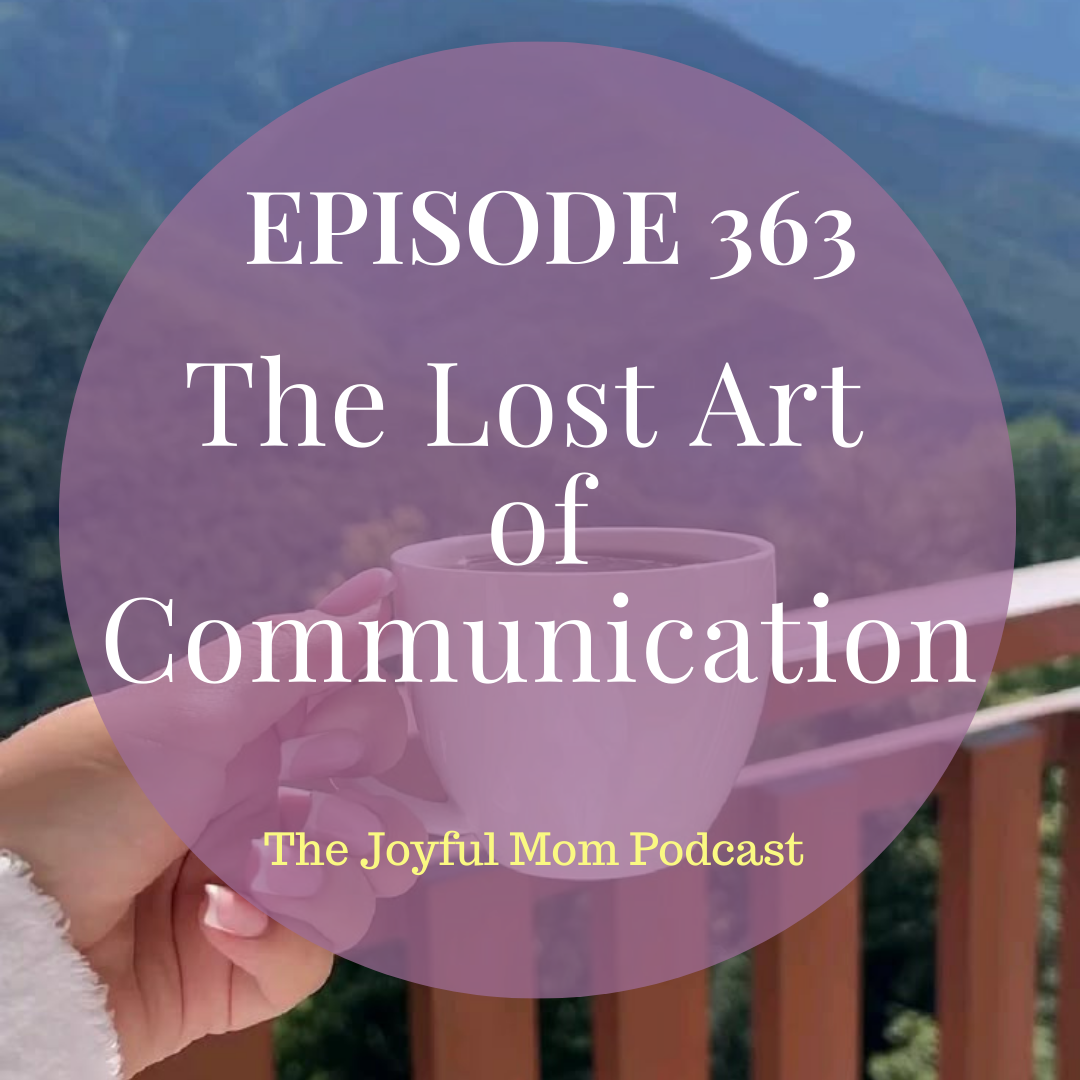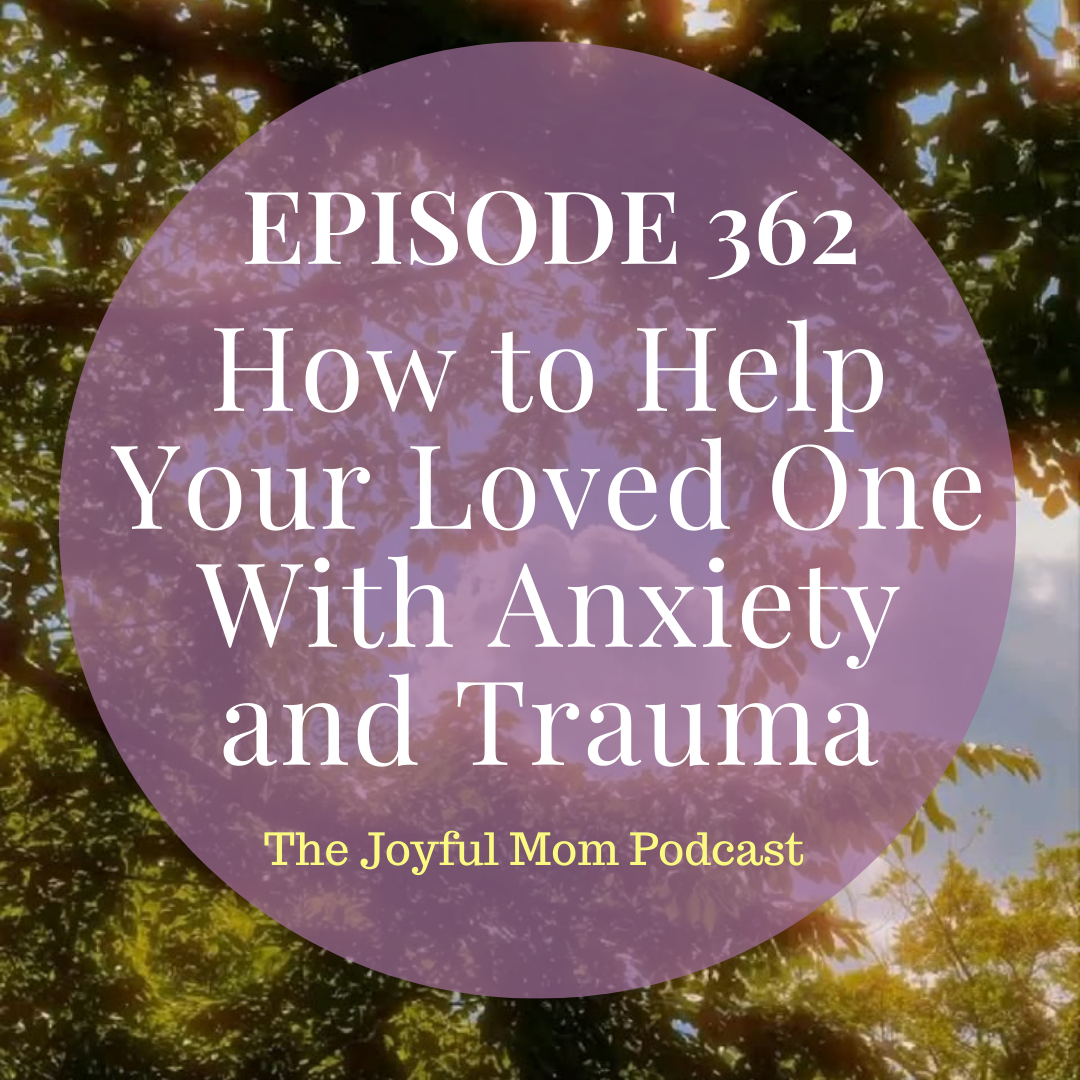285: Regulating the Nervous System With Dara Denton
Welcome back to the podcast. I have a special guest. Her name is Dara Denton. She is a Minneapolis-based licensed therapist who improves mental health and relationship outcomes using the wisdom of the nervous system. She also serves as a trusted trainer for Deb Dana's Foundations of Polyvagal-Informed Practice, training other professionals on incorporating the polyvagal theory into clinical care. Dara worked both in private practice and in correctional facilities. She knows a lot about dysregulated nervous systems. Dara also had the pleasure of working with and being mentored by Deb Dana - who is a licensed social worker who brought the work of polyvagal theory into clinical practice.
I invited her here because I wanted to talk about the nervous system. Talk about regulating the nervous system and how to deal with the nervous system in relationships, as she worked with couples a lot.
As Dara explained, polyvagal theory, for people who don't know what it is, is the study of how your nervous system impacts how you show up in the world in really simple terms.
Dara was a trauma specialist and continues to be, and that training shaped how she shows up and inevitably, people will come into her office to address trauma symptoms.
A new Harvard study came out that shows that quality of life and happiness are directly tied to our relationships. Again, we talk about nervous system stuff, but that inevitably leads to relationship stuff.
Whether people are married or going through divorce, Dara sees a lot of people who are showing up to therapy alone because their partner is reluctant to go to therapy. All sorts of relationship structures, orientations, and all that good stuff. What she found is that no matter what kind of relationship dynamic we're talking about, it all comes back to the nervous system.
Our nervous system turns on when a threat is introduced, whether that's an actual physical threat or a threat to our sense of self or our relationship.
Our nervous system is organized into three hierarchies or one hierarchy, but there are three parts within that hierarchy. Essentially, hence polyvagal theory, and that nervous system, the way it communicates is through your spine and also your vagus nerve.
The vagus nerve. Where is that? It runs from your brainstem down through your throat, heart, lungs, and just past your diaphragm. So, it's part of our social engagement system.
This unique thing we have as humans is that if you think about the cues of danger we can get from somebody's facial expression or their tone of voice, that's part of what our system picks up on.
We do that through a thing called neuroception, which is the way our nervous system scans the environment before it gets to perception. It's something we don't have control over. It happens inside of us, just as your heart rate increases. That's a clue, right? It happens outside. If someone were to bust through the door right now, my nervous system would turn on.
Polyvagal is just essentially those three parts. We have a ventral at the top, where we feel safe and connected. When a threat gets introduced and our alarm turns on, that's what most of us are familiar with in terms of fight or flight. That's our sympathetic nervous system. And then, if the threat feels so overwhelming that mobilizing and trying to problem-solve doesn't solve the problem, we fall into what is called dorsal collapse.
That's at the bottom of what Deb calls our nervous system's ladder. And that is something most of us are all familiar with.
Dara’s perspective on what it means to regulate the nervous system:
This is like understanding that your body is working to protect you. It cares about you. I wouldn't want to say I care about you. It's working to keep you alive and keep you safe. I understand that and that's why this is happening. Not because something has gone wrong, but because it's trying to protect you.
When people come in, they'll often say things like, I'm so anxious. I want to get rid of my anxiety. And then they don't like my answer because my answer will inevitably be: We don't want to get rid of your anxiety. We want to pay attention to what it is telling you.
Anxiety is the thing that can keep us alive, right? It's the thing alerting us. It's not broken. It's telling us something feels unsafe here and let's just tune into what that is.
The goal is to be able to recognize exactly where we're at so that we don't get overwhelmed by our experience or so caught in it that we feel powerless.
Dara continued sharing specific ideas for those who are in a dorsal collapse state besides getting out of bed that relate to depression. How a couple’s therapy can be challenging when one and the other have different stuff going on in their nervous system. Our ability to co-regulate with somebody often comes from an absence of being able to soothe ourselves. Also, what can you do to address anxiety? What can you actually do to address that is a total game changer.
Her book recommendation is Set Boundaries, Find Peace by Nedra Tawwab.
It's one of the best books Dara has found on boundaries and why they're so important to healthy relationship functioning.
Connect with Dara:
Website: https://www.daradenton.com/
Instagram: @daradentontherapy
Have you felt anxiety after your child died?
The racing mind, unable to sleep, waiting for the next bad thing to happen, unable to breathe, panicky kind of anxiety, whole body riddled with anxiety?
Watch my free video on anxiety and grief below!
So that you can think clearly, feel calm in your body, and live your life without the chains of anxiety.










